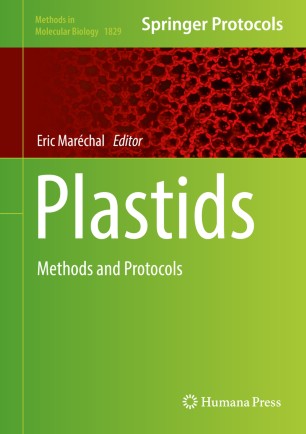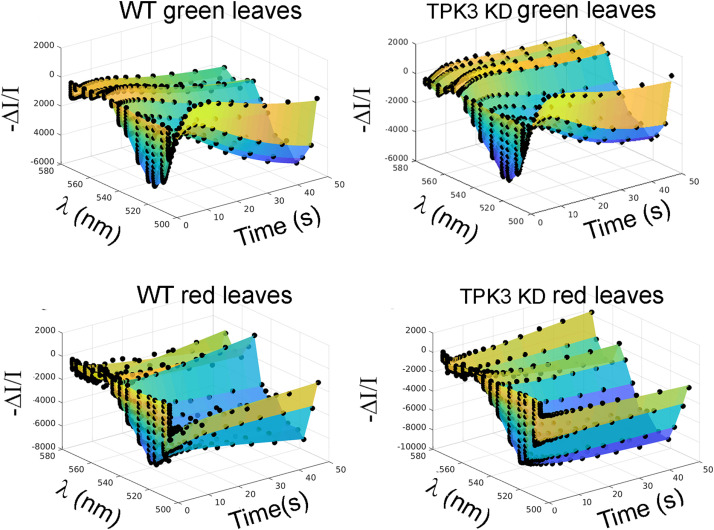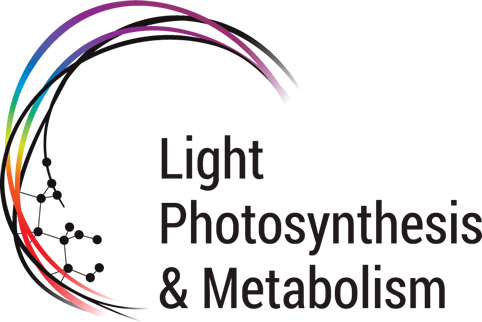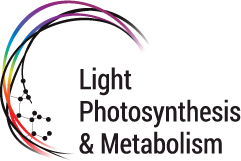2017
8th December 2017
New Publication !
10th July 2018
In natural variable environments, plants rapidly adjust photosynthesis for optimum balance between photochemistry and photoprotection. These adjustments mainly occur via changes in their proton motive force (pmf). Recent studies based on time resolved analysis of the Electro Chromic Signal (ECS) bandshift of photosynthetic pigments in the model plant Arabidopsis thaliana have suggested an active role of ion fluxes across the thylakoid membranes in the regulation of the pmf. Among the different channels and transporters possibly involved in this phenomenon, we previously identified the TPK3 potassium channel. Plants silenced for TPK3 expression displayed light stress signatures, with reduced Non Photochemical Quenching (NPQ) capacity and sustained anthocyanin accumulation, even at moderate intensities. In this work we re-examined the role of this protein in pmf regulation, starting from the observation that both TPK3 knock-down (TPK3 KD) and WT plants display enhanced anthocyanin accumulation in the light under certain growth conditions, especially in old leaves. We thus compared the pmf features of young “green” (without anthocyanins) and old “red” (with anthocyanins) leaves in both genotypes using a global fit analysis of the ECS. We found that the differences in the ECS profile measured between the two genotypes reflect not only differences in TPK3 expression level, but also a modified photosynthetic activity of stressed red leaves, which are present in a larger amounts in the TPK3 KD plants.
Allorent G., Byrdin M., Carraretto L., Morosinotto T., Szabo I. and Finazzi G.* (2018). Global spectroscopic analysis to study the regulation of the photosynthetic proton motive force: A critical reappraisal. Biochimica et biophysica acta – Bioenergetics. Sep;1859(9):676-683. doi: 10.1016/j.bbabio.2018.07.001


